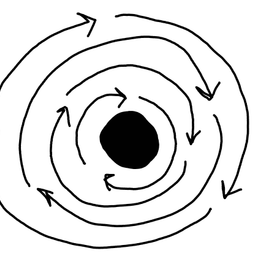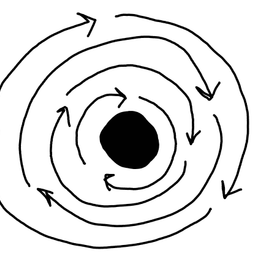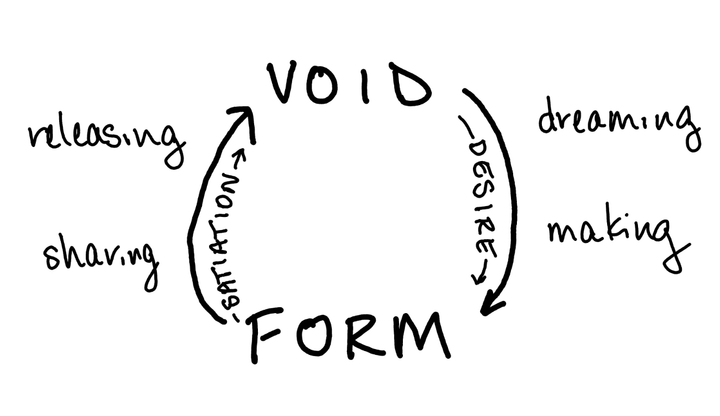Cultivating Audacity
Comments on a Zen koan from the Book of Serenity (Case 4: The World Honored One Points to the Ground) and how it spoke to me about creative audacity.
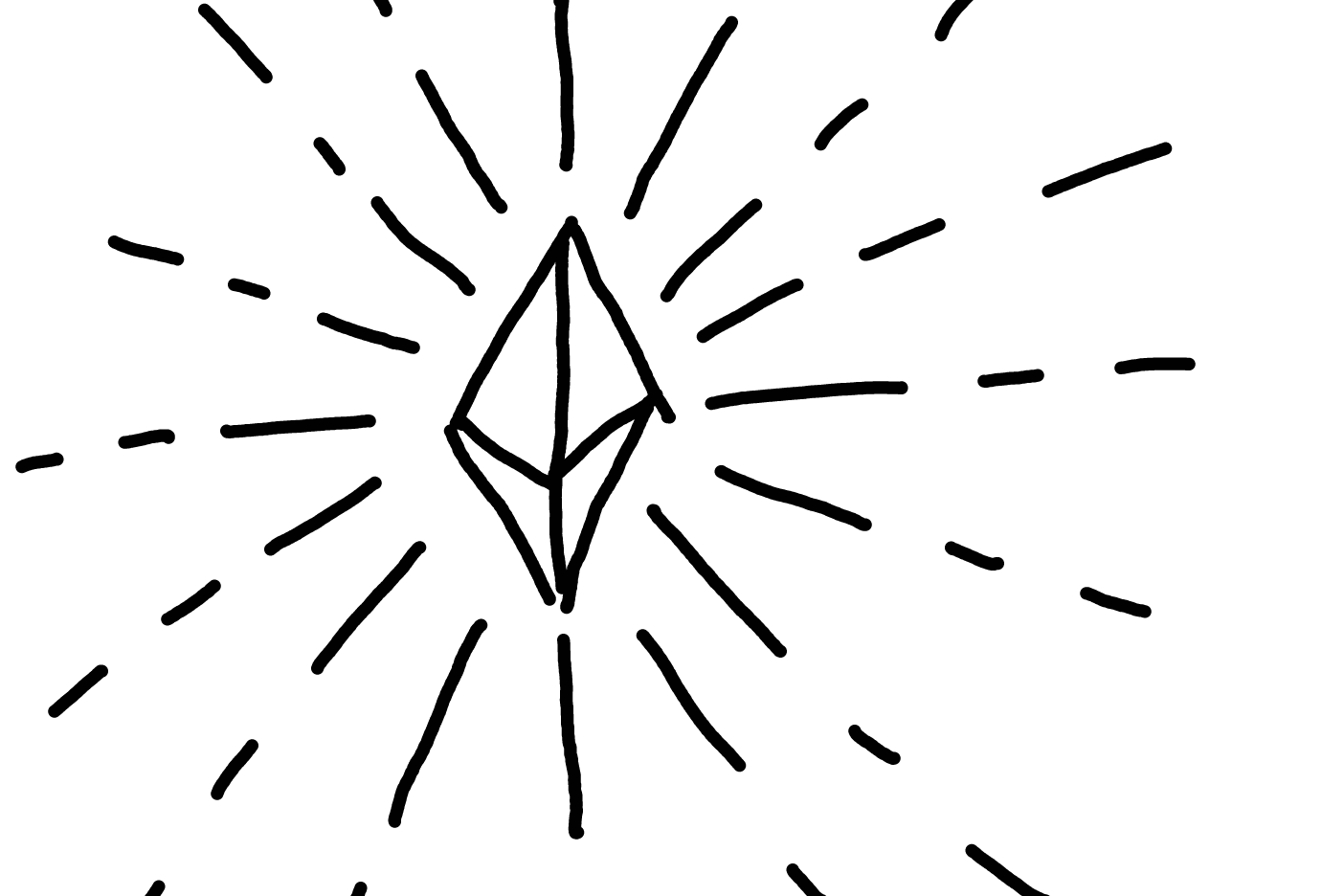
From the Book of Serenity, Case 4.
The World Honored One Points to the Ground.
Introduction.
As soon as a single mote of dust arises, the whole earth is contained therein. With a single horse and a single lance, the land's extended. Who is this person who can be master in any place and meet the source in everything?
The Main Case.
As the world honored one was walking with the congregation, he pointed to the ground with his finger and said, this spot is good to build a sanctuary. Indra, emperor of the Gods, took a blade of grass, stuck it in the ground and said, "The sanctuary is built." The world honored one smiled.
The Verse.
The boundless spring on the hundred plants; picking up what comes to hand, he uses it knowingly. The sixteen foot tall golden body, a collection of virtuous qualities, casually leads him by the hand into the red dust. Able to be master in the dusts, from outside creation, a guest shows up. Everywhere, life is sufficient in its way, no matter if one is not as clever as the others.
So they build a sanctuary from a blade of grass.
And I have some questions for you.
What is your ground where it would be good to build a sanctuary?
What is your blade of grass?
I'll tell you about mine. I'm here with my son. I'm with my children most of the time, even if someone else is caring for them. Some of the time I have my work and I have my creative practice. And often I want to build a sanctuary for my creative practice, whatever that might mean to me.
It might mean that I want a chunk of time. It might mean that I want a clean desk. It might mean that I want an altar space. And it's easy to point to the ground and say, "Here is a good place to build a sanctuary."
But that's not where the story ends.
Indra takes a single blade of grass and puts it in the ground and says, "It is built."
And it's easy to interpret this symbolically: Can a blade of grass be a sanctuary? Why or why not?
But what strikes me here is the completion.
Indra takes what's at hand, a blade of grass, puts it in the ground deliberately and with intention, and says: It is built.
He does not say, "Here's a start."
He does not say, "Well, here's the first stalk," or, "Now we've marked the place for later."
Indra moves a single blade of grass, and his grass sanctuary is built and complete.
What does this mean?
We see in the introduction, "As soon as a single mote of dust arises, the whole earth is contained therein. With a single horse and a single lance, the land's extended."
What that means is you don't need a whole army to conquer a new land, that it can be done with a single horse and a single lance. And this mote of dust can contain the whole thing.
So what does it mean that this blade of grass contains the whole sanctuary? How can we allow ourselves that sense of completion? How can we build a sanctuary in which what is at hand to us can be the entire thing?
Let's not overlook that here's the Buddha, here's the entire congregation, his assembly, maybe hundreds of people. And yet the individual who comes forward and places this blade of grass is Indra, a god. I would say that that's because of the audacity it takes to move a single blade of grass and say, "It is built."
Because when we try to do that, maybe the assembly is going to laugh at us. Maybe they're going to say, that's just a blade of grass. Maybe they're going to say, you are delusional. Maybe they're going to say, how dare you? Maybe they'll say, how can you not know the difference between a blade of grass and a real sanctuary, a real temple?
And as a trans person, I can tell you, I know something about being real. The assembly spoke: You will never be a real man. You will never look real. You will never experience yourself as real. You will always only approach realness.
And yet, I invoked myself in small ways. Every time I called myself into being, every time I used my new name, it was a single blade of grass, both complete in and of itself and part of an aspiration that touched my entire universe.
And so, what is our blade of grass sanctuary when it comes to our creative practice?
In the book Start More Than You Can Finish by Becky Blades, she says, over and over, to just start something. To do the smallest thing. She says, so casually, over and over: Just make a one page mini zine. All you need is to fold a piece of paper, cut it with scissors. You have eight tiny pages and all you need is a pen. And then you're published, you're a published author. And it's easy to look at that and say, well, anyone could do that. I don't want to be that kind of published author. It's not even worth my time to take a single sheet of paper and make a zine.
But the fact is, although anybody could do it, most people don't. The entire assembly was present. And yet only Indra takes a blade of grass and places it in the ground and says, "It is built." And in the same way, any of us at any time, no matter what raw materials of time and space are available to us in our creative practice, can invoke our practice and our creative work and say, "It is complete. It is built."
So this one page zine, a folded paper, a pair of scissors, a pen, and it is complete. A stamp and an envelope, mail it to a friend, and it's distributed.
Anyone could do it. Anyone can move a blade of grass, but most people don't. And I would say that that's because most people don't have the audacity to say that something so small is complete. And yet, as Daido Roshi says, no thing fails to cover the ground on which it stands. And so in a sense, part of our creative practice is to allow small things to be complete, to be whole in and of themselves, that the blade of grass is a temple, is a sanctuary. It is not just laying the first stone, but a completed blade of grass sanctuary.
When I talk about this one page zine, I mean it. One day I had a couple hours to spare. And so I took a piece of writing and a couple of random thoughts I had. I laid them out, put them on a folded piece of paper. I had eight pages of folded paper, printed them out in my black and white printer. I didn't even have the right kind of stapler to staple a folded half-page zine. So I just folded the pages over, stuck them in an envelope and sent them to my friend. I didn't hear back from her for a while, but then I got an email and it said, your zine is on my desk reminding me that there are many ways to be creative, many ways to share your work. And so in that sense, these tiny completions, the single blade of grass, can touch the universe in ways that we can't picture or imagine.
Yesterday I read a piece by Sophie Strand about being a writer with chronic illness, and she starts with a quote from Doris Lessing: “Whatever you're meant to do, do it now. The conditions are always impossible.”
And that's the thing. How do we cultivate the audacity to begin when conditions are impossible? How do we cultivate the audacity to create a sanctuary from a blade of grass and to say, it is built?
In a talk that my former teacher, Shugen Roshi, gave on this koan, he says that Indra might just as well have said, "built," without the blade of grass. I don't agree.
There's a way in which there's a world between action and no action. Between lifting a finger and not lifting a finger at all, between thinking about doing something and actually doing it, no matter how small.
And that's where this invitation comes in, because these small acts, these blades of grass, these single pieces of paper are invocations of our creative self that touch the entire universe. And so that's why it says in this koan, as soon as a single mote of dust arises, the whole earth is contained therein.
So how do we cultivate the audacity to see our creative practice in this way?
To see that these little motes of dust, that these blades of grass are complete in themselves, they contain the whole of our creative practice. To see that every engagement with them is an offering at the altar of our entire creative being.
It's not a brick in a wall. It is the entire universe.
Seeing this, living this, takes audacity. That is why the blade of grass was moved by Indra, a god who has that type of audacity.
But we can cultivate that audacity for ourselves.
So what is the spot that you wish to build a sanctuary? And where is your blade of grass? Put that in the ground, and say, "It is built."
I dare you.
Related:

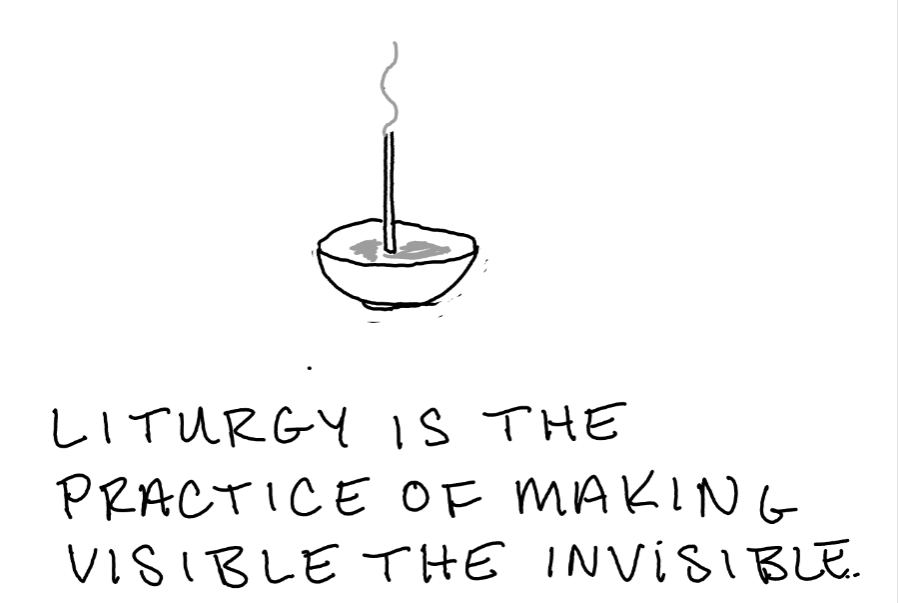
💌 I have a newsletter!
I send emails once or twice a month sharing what's new on my site and some links I've found around.
